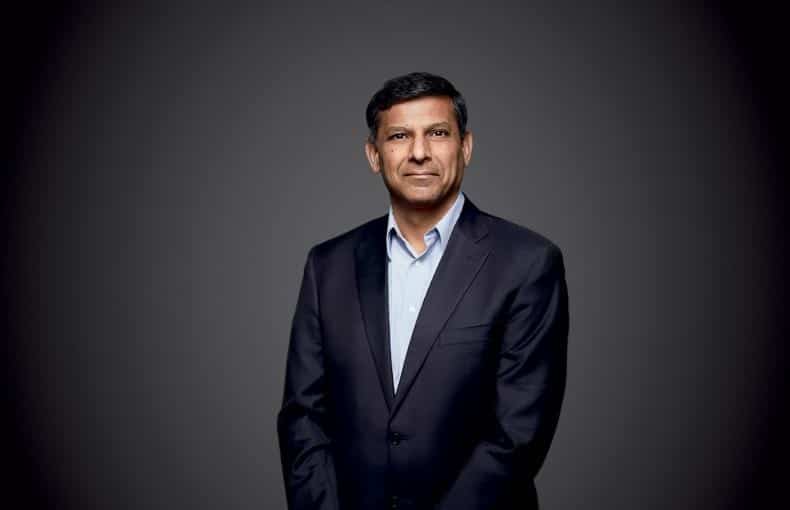April 08, 2020:…We witnessed one of the most important narratives of the new reality, as Dr.Raghuram Rajan interacted with the Krea community on the world beyond COVID-19.
What lies in the future? Where do we go from here? What are the numerous possible scenarios? Are these the right questions to ask?
Guiding us as we sought these answers, Dr.Raghuram Rajan addressed the students, faculty and staff at Krea University on the unprecedented challenge of COVID-19 combined with the task that lies ahead. The narrative traversed over the role of an individual, nation and the entire world in confronting the crisis.
Speaking to the Krea community who have been away from the campus since the lockdown yet actively adapting to the new expressions in learning, Dr.Rajan spoke about the importance of lockdown, it’s effect on bending the curve, need for ramping up the healthcare systems and urgency to test, track and quarantine.
Tracing the segmented journey of the virus from disrupting China, its movement into industrial economies, and into emerging markets, Dr. Rajan firmly called upon the need to place collective societal incentives over individual suffering. He stressed on the need for countries to stand together and help each other, repairing globalization.
When asked about India’s response in the wider economic context, Dr. Rajan recommended, “Prioritize and focus on the poor and needy.”
He suggested targeting resources to aid viable MSMEs while also supporting sustenance of larger firms in turn preventing possible mass unemployment in the near future. Observing the needs for major economic reforms in the country, debt targets and fiscal councils being among them, Dr. Rajan emphasised, “We should spend to keep people safe, on necessary healthcare and shrink unnecessary expenditure while putting in place stronger systems.”
Responding to a curious student’s query on whether life in higher education would ever return to normal, Dr.Rajan expressed, that though human interaction is immensely valuable, these times have helped us re-imagine education beyond the walls of the classrooms. He felt that the new modules have brought into action the fabled ‘inversion of classroom’, flipping the design of conventional learning. While traditional education encourages classroom lectures and promotes assignments to be done at home. Here, the knowledge lessons have moved to homes where students can learn at their own pace and prep themselves. This assists them in going back to the classrooms and practicing the concepts with a deeper understanding, through debates and discussions.
Speaking to hundreds of students logged in from across geographies, Dr. Rajan concluded with this remark in optimism. “We have been able to adapt to what the world has thrown at us. Let’s count our blessings and once we get back, cherish and rebuild friendships and also learn how great University life is.”
